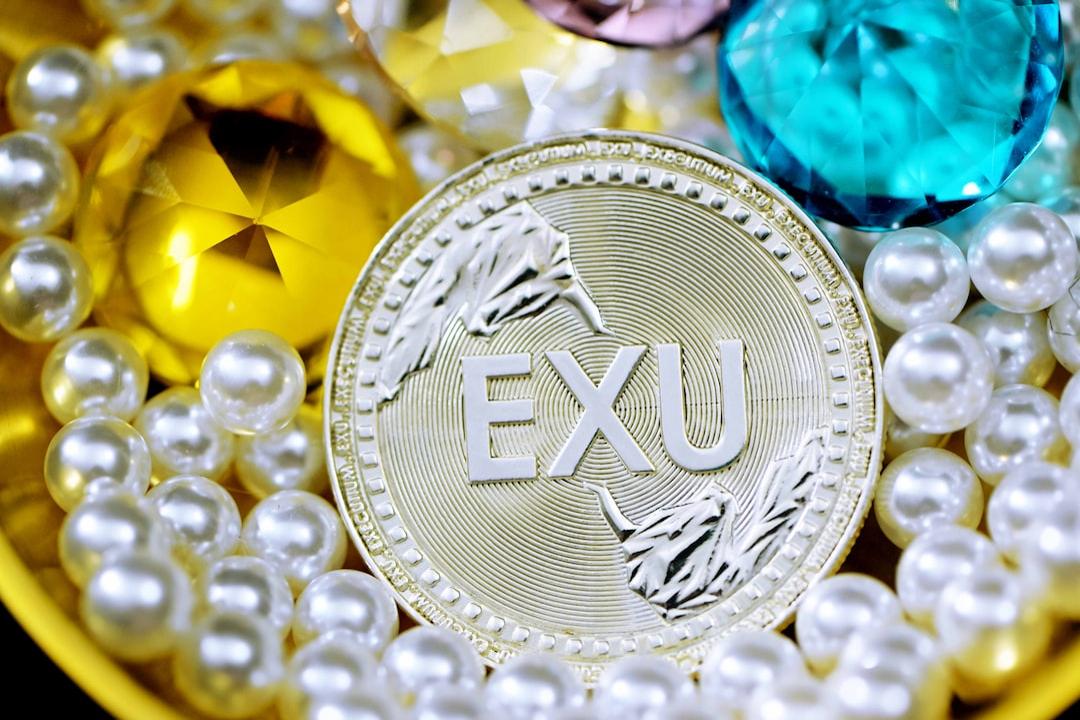Chris Larsen, the Ripple Chairman, recently shared the story behind the company’s name change from OpenCoin in an interview with Ben Fong-Torres. Originally established in 2012 as OpenCoin, Ripple has emerged as a key player in the world of digital payments and cryptocurrencies. The rebranding to Ripple has an intriguing connection to music history.
In the interview, XRP community figure XRPDROPZ highlighted Larsen’s revelation that the name Ripple was indeed inspired by the iconic 1970 Grateful Dead song. Larsen explained that they acquired the name from a man who had previously operated a 900 number for Grateful Dead information and held the rights to the name Ripple. Despite numerous offers from interested buyers over the years, Larsen and his team secured the name by offering shares in their company, a decision that proved beneficial for both parties.
Larsen revealed that the choice of Ripple as the new name for OpenCoin had deeper significance. At the time, they were developing a competitor to Bitcoin with a vision of distributing the cryptocurrency worldwide. This concept aligned with the themes of the Grateful Dead song “Ripple,” which references a fountain and the idea of a digital currency freely circulating the globe, a concept that resonated with Larsen’s experiences at Grateful Dead concerts.
Additionally, Larsen shared the financial success of the individual who sold them the name Ripple, as the shares he received in exchange skyrocketed in value from an initial $100,000 to approximately $30 million, reflecting Ripple’s substantial growth since its inception.
Ripple CTO David Schwartz praised Larsen’s pivotal role in the company’s success, acknowledging him as the most significant figure in Ripple’s history who remained dedicated to its growth during challenging times. While Ripple was not directly involved in the creation of XRP, the native token of the XRP Ledger, there exists a close relationship between the original architects of the ledger and Ripple, with XRP originally known as “ripples.” Schwartz also previously clarified the reasoning behind the “XRP” currency code.
Disclaimer: This article is for informational purposes only and should not be construed as financial advice. The opinions expressed are those of the author and do not necessarily reflect those of The Crypto Basic. Readers are advised to conduct their own research before making any investment decisions, and The Crypto Basic assumes no responsibility for any financial losses.

